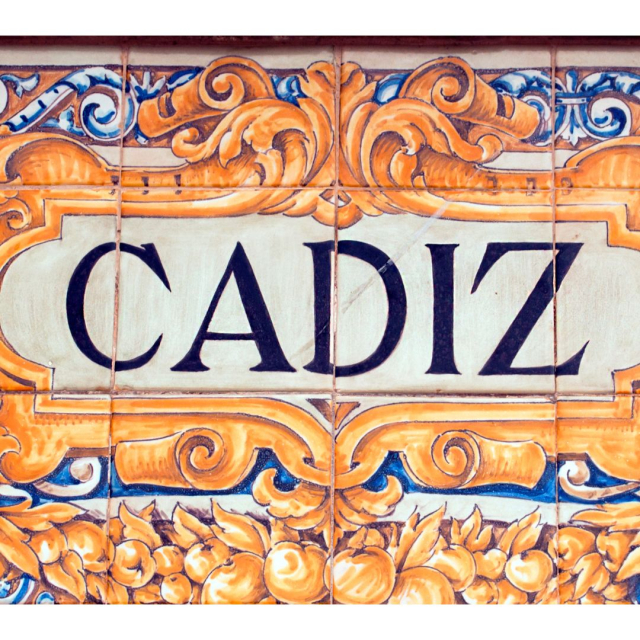The Carnivals of Cádiz represent one of the most emblematic cultural manifestations of Spain and the Spanish-speaking world. This annual event, which takes place in the historic city of Cádiz, in the Andalusia region, is known for its overflowing joy, satirical wit, and deep connection to Cádiz's identity. For several weeks, the streets of this port city are filled with music, dancing, extravagant costumes and creativity that defies expectations.
History and Origins
The exact origins of the Cádiz Carnivals date back centuries, fusing cultural influences from various eras and civilizations that have left their mark on the region. The celebration is believed to have deep roots in pagan Roman festivals, which were later incorporated and modified by Christian celebrations leading up to Lent. This historical connection explains why the Cádiz Carnivals are celebrated just before the start of Lent, a period of reflection and penance in the Christian liturgical calendar.
During the Middle Ages, Cádiz, as a coastal city of great strategic and commercial importance, was a melting pot of cultures where local traditions were intertwined with Arab and Jewish influences. These cultural exchanges contributed to the diversity and richness of the carnival celebrations that would eventually develop.
The Evolution of Carnivals
Over the centuries, the Cádiz Carnivals have evolved from modest street celebrations to the elaborate and structured festival we know today. In the beginning, the festivities were more improvised and focused on street music, dancing and improvised theatrical performances. Over time, these demonstrations were organized into troupes and groups, giving rise to formal competitions where participants developed ingenious performances and social criticism through verses and satirical lyrics.
During the 19th century, the Cádiz Carnivals reached a level of popularity that spread beyond local borders. The creation of the first carnival groups such as chirigotas and comparsas marked a turning point in the history of these carnivals, establishing a format that lasts to this day. These groups became vehicles for social and political satire, reflecting the concerns and criticisms of Cádiz society through their humorous and often pointed lyrics.
Elements and Traditions
The Cádiz Carnivals are full of unique elements and traditions that distinguish them from other carnival celebrations in Spain and the world. Among the most notable are:
1. Costumes and Clothing: Cadiz residents prepare throughout the year to make ingenious and colorful costumes that range from the traditional to the completely avant-garde. Creativity and humor are key in the choice of costumes, which often parody public figures or current affairs.
2. Music and Dance: Music forms the heart of the Cádiz Carnivals. The chirigotas, troupes and choirs perform humorous and critical songs in a characteristic musical style that combines elements of Spanish popular music with witty and often provocative lyrics. Street dancing and improvised choreography are also essential parts of the celebration.
3. Contests and Competitions: During the Carnivals, numerous contests are held where groups compete for prizes and recognition. These competitions not only encourage competitiveness among participants, but also raise the artistic and creative level of the performances.
4. The Battle of the Couplets: One of the most beloved traditions of the Cádiz Carnivals is the "battle" between the groups to see who can create the most ingenious and memorable couplets. These couplets are usually critical and satirical, addressing issues of social, political and cultural interest with characteristic humor.
Cultural and Social Impact
The Carnivals of Cádiz are not only a festive celebration, but also a cultural phenomenon that plays a crucial role in the identity of the city and its inhabitants. This annual event is a platform for free expression and social criticism, where citizens can address relevant issues through humor and satire, thus preserving a tradition of free expression rooted in local history.
Additionally, the Cádiz Carnivals have a significant impact on the local economy, attracting thousands of visitors from around the world each year. Hotels, restaurants, local businesses and tourism services benefit greatly from this influx, underscoring the importance of cultural tourism as an economic driver in the region.
The Festival of International Tourist Interest
In 1980, the Cádiz Carnivals were declared a Festival of International Tourist Interest, a recognition that underlines its cultural relevance and its impact worldwide. This distinction has further contributed to the dissemination and promotion of Carnival outside Spain, attracting more and more international visitors interested in experiencing this unique celebration.
Modern Challenges and Adaptations
Like any centuries-old tradition, the Cádiz Carnivals have faced challenges and changes over the years. Globalization, climate change and social transformations have posed new challenges for the organization and sustainability of the event. However, the Cádiz community has demonstrated a remarkable ability to adapt and keep the essence of its traditional celebrations alive while incorporating innovations that guarantee the continuity and relevance of carnivals in the 21st century.
This celebration, which uniquely combines music, dance, wit and social criticism, has captured the hearts and imaginations of generations of Cadiz residents and visitors alike. The Cádiz Carnivals are a testament to the human capacity to celebrate life and community through art, laughter and free expression.
